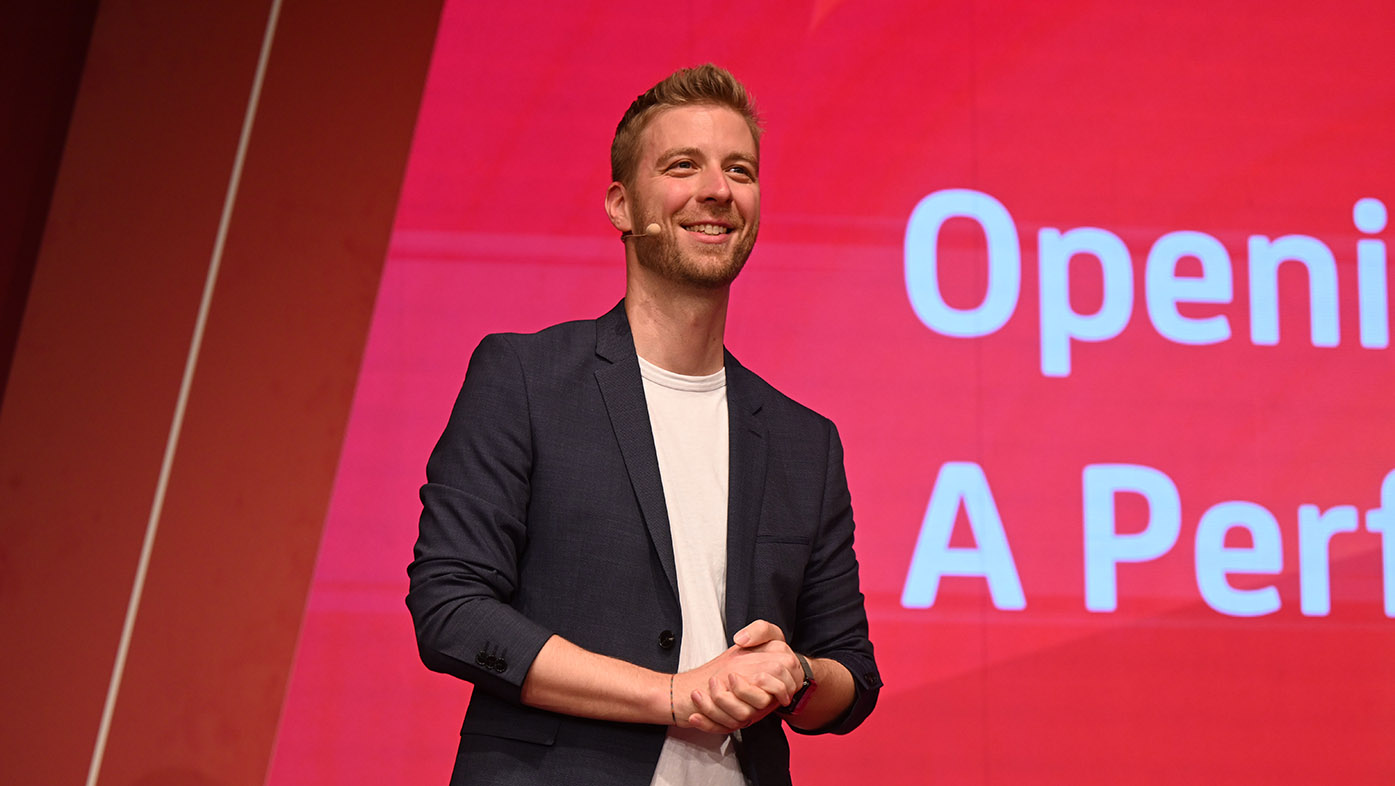The power of support
Coping with the life-changing adaptations and questions surrounding MS has made it clear that a support system, including family and beyond, is vital.
“You can’t do this on your own. It’s important to find help everywhere that you can and ensure that you find a support system for both the physical and mental aspects of the disease,” he said, noting that for himself and many others with MS, depression is also a symptom.
Matt’s family has been his rock. His wife dropped everything to support him as he underwent tests and processed the implications of the diagnosis, and she has continued to be there for him, always emphasizing that “we’re doing this as a team.”
“It has been an emotional time for the two of us,” he said, “MS affects my entire family. I always say that I don’t have MS—we have MS.”
His family has been supportive as he tries new types of physical activities and ways to monitor his energy expenditure. Both swimming and yoga have been enjoyable and beneficial, and he has worked on conserving energy throughout the day in order to have more available for playtime with his children and other activities.
Colleagues have been compassionate and accommodating as well, and Matt has so far been able to continue in the lab, though he wonders if MS will someday impact his hands, which are vital to his scientific work.
“I’m a scientist and I’ve always wanted to be a scientist. But this is also the first time I’ve been a patient,” he said.
Part of a community
When he underwent treatment for the first time, the setting was a communal room with other patients receiving infusions for various conditions. It struck him that some of those therapies may have been medicines that he has worked on at Bristol Myers Squibb. It was an “impactful moment,” he said, making it clear that he was part of a global community of scientists seeking potential cures for various diseases, while at the same time part of the patient community receiving those therapies.
As a patient, Matt has experienced misconceptions people may have about MS and other illnesses or disabilities that are not always visible to the casual observer. Through his work with People and Business Resource Groups (PBRGs) within Bristol Myers Squibb, which began before his diagnosis, he has always been a champion of diversity and inclusion. Now, with the perspective brought about through his lived experience of MS, he has become involved with the PBRG called DAWN (Differently-Abled Workplace Network) in order to advocate for people with disabilities and share what he has learned.
“The idea of hope is not something that comes naturally to me. But I’ve learned the importance of taking each day for what it is, and understanding that it’s natural to have a sense of loss and grief. If it’s a bad day, it’s okay to lay low, but if it’s a good day, take advantage of that, do the things you enjoy, and embrace that day.”
See below video for Matt's story.




